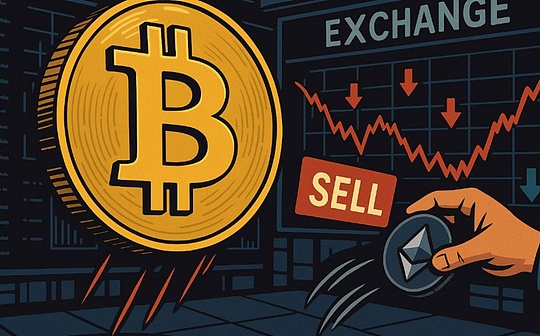About GODL


Frequently Asked Questions
What is the all-time high price of RoOLZ (GODL)?
Read MoreThe all-time high of GODL was 0 USD on 1970-01-01, from which the coin is now down 0%. The all-time high price of RoOLZ (GODL) is 0. The current price of GODL is down 0% from its all-time high.
How much RoOLZ (GODL) is there in circulation?
Read MoreAs of
, there is currently 0 GODL in circulation. GODL has a maximum supply of 800.00M. What is the market cap of RoOLZ (GODL)?
Read MoreThe current market cap of GODL is 0. It is calculated by multiplying the current supply of GODL by its real-time market price of 0.000031080741.
What is the all-time low price of RoOLZ (GODL)?
Read MoreThe all-time low of GODL was 0
, from which the coin is now up 0%. The all-time low price of RoOLZ (GODL) is 0. The current price of GODL is up 0% from its all-time low. Is RoOLZ (GODL) a good investment?
Read MoreRoOLZ (GODL) has a market capitalization of $0 and is ranked #5797 on CoinMarketCap. The cryptocurrency market can be highly volatile, so be sure to do your own research (DYOR) and assess your risk tolerance. Additionally, analyze RoOLZ (GODL) price trends and patterns to find the best time to purchase GODL.











